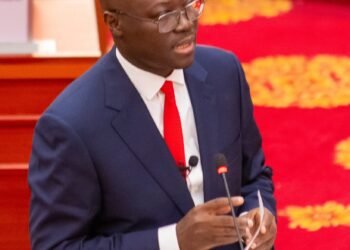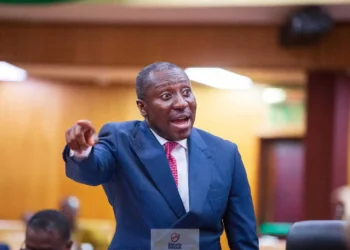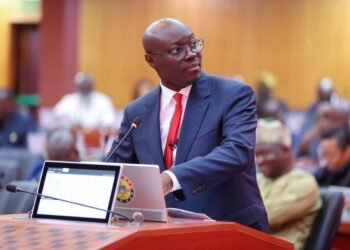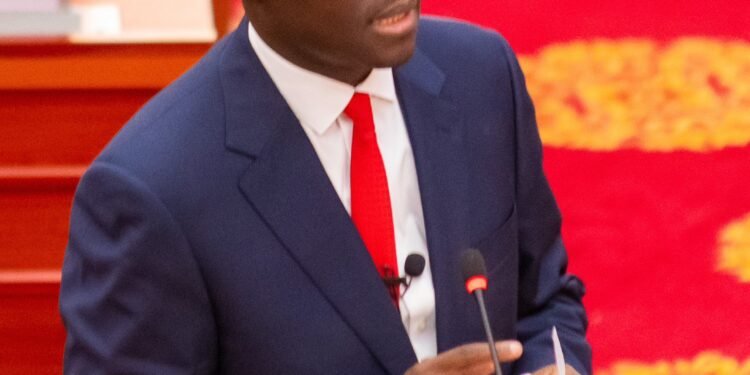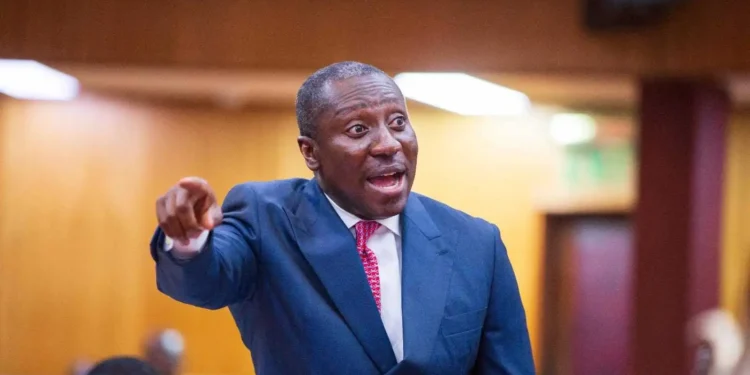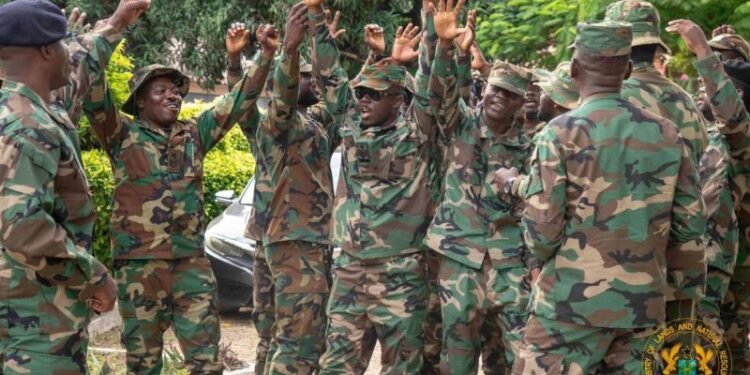As Ghanaians marked Martyrs Day—a solemn occasion to honor those who gave their lives for justice and the rule of law—calls for vigilance over the state of the judiciary took center stage.
Richard Ahiagbah, Communications Director for the opposition New Patriotic Party (NPP), used the moment to emphasize the need to reflect on Ghana’s democratic journey and the ongoing responsibility to uphold its legal institutions.
“We must pause today to reflect on how far we have come and examine efforts to safeguard our democracy and the rule of law in Ghana.
“43 years ago, three judges, namely, Fred Poku Sarkodee, Cecilia Kronteng Addo, Kwadwo Agyei Agyapong, and a retired military officer, Major Sam Acquah, paid the ultimate price for the furtherance of the rule of law in Ghana.”
Richard Ahiagbah
Their tragic deaths marked a turning point in Ghana’s legal and political history, symbolizing the grave dangers posed by unchecked power and political interference.
Ahiagbah emphasized that as the nation marks this day, Ghanaians must actively engage in efforts to safeguard and uphold the integrity of the judiciary against any form of interference or threat.
He specifically pointed to what he described as a “suspicious political effort to remove [suspended] Chief Justice Gertrude A.E.S. Torkornoo from office.”
Accordingly, Ahiagbah argued that the legal proceedings against suspended Chief Justice Torkornoo are fundamentally defective.

Citing the evidence she presented, he pointed to violations of both legal standards and her rights, and referenced the Ghana Bar Association’s stance that the actions taken contravene Article 296 of the Constitution.
He compared the situation to Ghana’s judicial dark past, stating: “Proceedings based on what we are learning are reminiscent of the savage June 30, 1982, murder of the judges.”
Ahiagbah further drew a comparison between past violent actions and current political maneuvers.
He suggested that while the events of June 1982 involved the use of force to undermine the rule of law, the present situation—based on Justice Torkornoo’s unchallenged claims—reflects a similarly deliberate effort to unseat a Chief Justice through questionable means.
Political Tensions Stir Legal, Judiciary Rights Debate
Meanwhile, not everyone welcomed the political framing of Martyrs Day.
Prominent legal scholar Prof. Stephen Kwaku Asare expressed strong disapproval over what he described as the politicization of a sacred national memory.

“Shame on anyone who politicizes Martyrs’ Day or tries to score cheap political points from it. It dishonors the memory of the deceased, disrespects their families, and insults those of us who sacrificed our education to stand up against injustice.”
Prof. Stephen Kwaku Asare
Prof. Asare underscored that the national outrage following the 1982 murders stemmed from a collective moral responsibility rather than political motives.
He criticized those attempting to politicize Martyrs Day, pointing out that many such individuals were not even born at the time of the incident.
Emphasizing the need for principled public service, he encouraged Ghanaians to base their political pursuits on ideas rather than the exploitation of historical tragedies.
He ended with an appeal for national unity and a dignified remembrance of the fallen. “Let us rise above petty opportunism. Let us honor the fallen with dignity, not division.”
As these contrasting perspectives demonstrate, Martyrs Day has once again become a platform for national introspection—this time about the health and future of the judiciary.
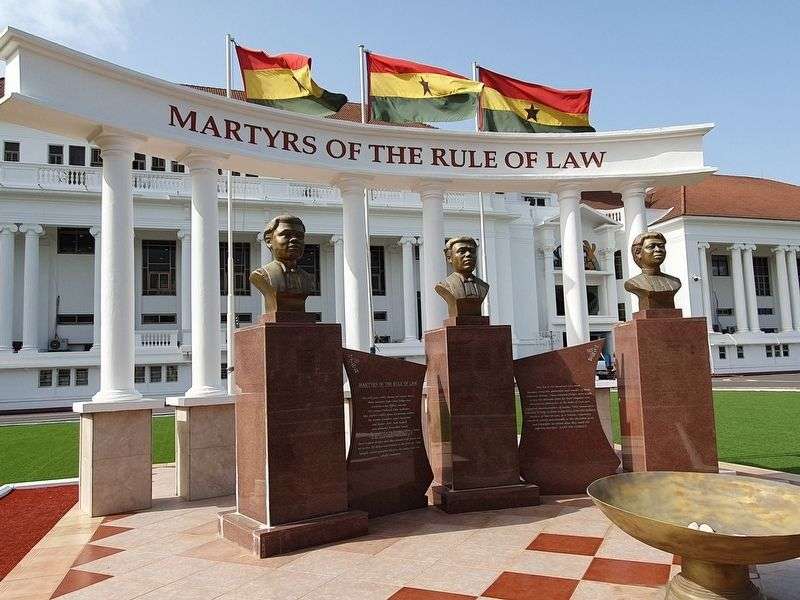
With Justice Torkornoo’s suspension still shrouded in controversy, the broader implications for Ghana’s legal system remain unsettled.
The challenge now lies in preserving judicial independence in the face of political pressure and ensuring that reforms are made to prevent the recurrence of institutional abuses.
Ahiagbah emphasized that the reforms must go beyond resolving the present issue and act as a broader reset in accountability to protect “Ghana’s diplomacy from reputational risk and institutional fragility.”
As the debate over Martyrs Day and its meaning continues, the nation stands at a crossroads: between solemn remembrance and politicized discourse; between defending the judiciary and exploiting its vulnerability.
The coming months may prove critical in determining which path Ghana ultimately chooses.
READ ALSO: Starmer Backed Amid Welfare Vote Rebellion




